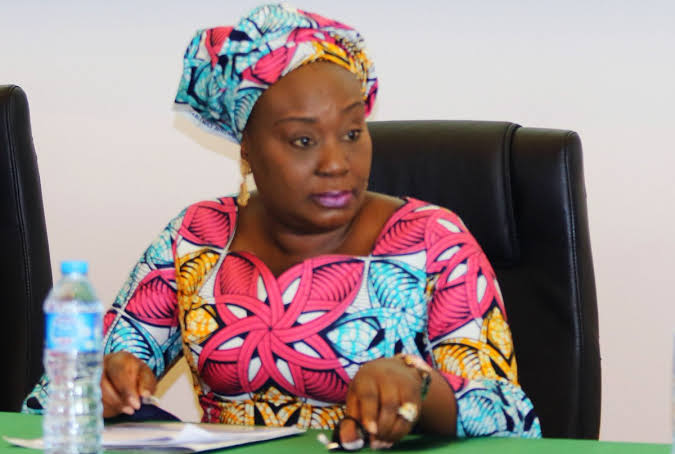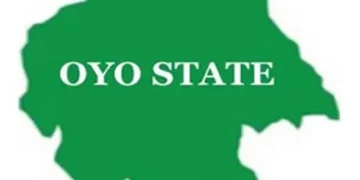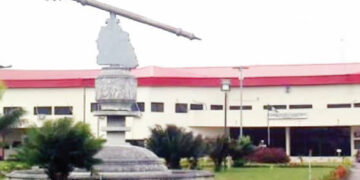Stakeholders at the ongoing Nigerian Economic Summit #NES28 have called for a reformation of the nation’s public service that would ensure an equitable welfare system for all Ministries, Departments and Agencies of government.
Speaking at a panel discussion with the theme: ‘Unlocking the Binding Constraints to Execution,’ the stakeholders frowned at the disparity in welfare package for among agencies of government, a situation they say is a major contributor to red tapism and unethical behaviours in civil service.
Former governor of Ekiti State Dr Kayode Fayemi said there is need to come up with a model or legal framework where the Nigerian electoral system will no longer be based on winner-takes-all, but a winner sharing higher percentage of governance structure while the first runner-up takes some position.
“We need to address reward system across the board,” Fayemi said while complaining about the disparity of welfare package of even a seating state governor and a middle-position holder in a parastatal like CBN, NIMASA and NNPCL.
Dr Fayemi said said Nigeria needs to address what he called false dichotomy between market and government. It’s not an either all.
He noted that bureaucracy is one of the constraints that works against even an officer who came into office prepared. “It’s not that politicians are not reform minded. The way they risk the level minded,” Fayemi said.
Also, Head of Service of the federation Folasade Yemi-Esan said the disparity in salary structure between civil servants and public servants is a major contributor to implementation of government programmes.
The HoS who was represented by the
Permanent Secretary in the ministry of Transportation Dr. Magdalene Ajani said the reward system is a problem. She said the situation where some government workers receive higher salaries and allowances than others is a discouraging factor.
Also, former chairman of the Federal Inland Revenue Service (FIRS) Dr. Ifueko Omoigui Okauru said the three major constraints to implementing government policies and programmes include African culture which she said is a compendium of deceit. “We really need to interrogate African culture we celebrate so much; our diversity is a binding constraint; we have really poor habits,” she said.
Mrs Ifueko said Nigeria needs to standardise the education system and have a minimum requirement in the sector. “We need a shared vision, a reformed civil service, build properly developed plan and communicate effectively,” she said. Omoigbe said needs to reward, recognise and enforce to effectively execute policies.
For executive chairman, Ibadan School of Government and Public Policy Prof. Tunji Olaopa, the problem is partly based silos operations of experts and implementers of government programmes; and poor culture of implementation planning.
Prof. Olaopa who said the CEOs must create a change space, stated that there is no synergy among departments under the same ministries. “Each of them is operating in silos,” he said.
The former Permanent Secretary said there are too many people in the civil service doing nothing because they don’t have the capacity to do what is required, a situation he said should be discourage through recruitment for competent people into the civil service.
Prof Oloupa said “our leaders need to build a change space. The government is as good as the quality of team that is assembled. We need to tackle cost of governance.
“We need to implement Steve Oransanye report, re-engineer the bureaucracy. We need to do corporate governance. Nigeria will not get anywhere if we don’t restructure this federation.”
On his part, Fayemi said the capacity to build teams is needed. “We need to incentivise reforms. We need a serious minded delivery unit,” he said, adding, “Citizen engagement is critical to achieving plans of government.”




